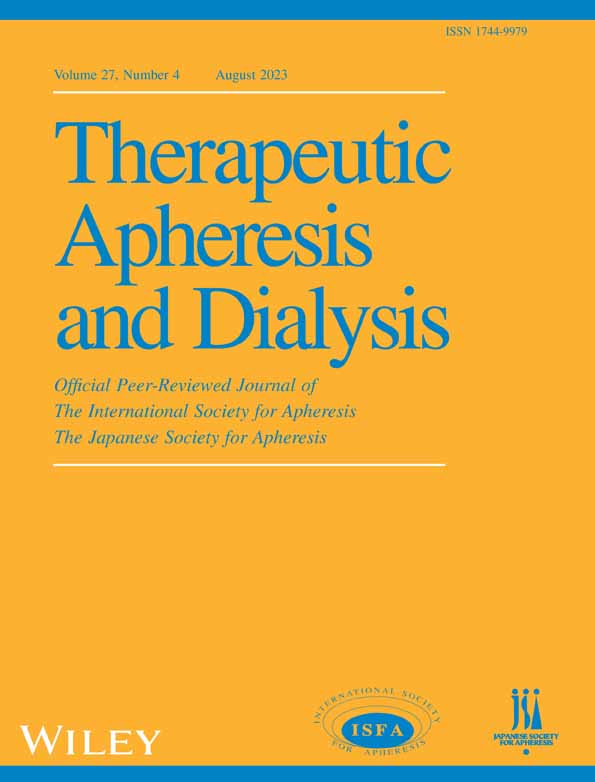Effect of Ramadan fasting on chronic inflammation markers and gut bacterial endotoxins among Egyptian hemodialysis patients
Abstract
Background
Chronic kidney disease (CKD) is associated with a state of chronic inflammation. This study aimed to investigate effects of Ramadan fasting on the markers of chronic inflammation and gut bacterial endotoxin levels in maintenance hemodialysis.
Method
A prospective self-controlled observational study included 45 patients. Serum levels of High Sensitive CRP (hsCRP), indoxyl sulfate, and trimethylamine-n-levels were measured within a week before and a week after Ramadan fasting.
Results
Twenty-seven patients have fasted more than 15 days (29 ± 2.2 days). The levels of high sensitive C-reactive protein (hsCRP) (median of 62 mg/L vs. 91 mg/L), trimethylamine-n-oxide (TMAO) (median of 4.5 μmoL/L vs. 17 μmoL/L), platelet-to-lymphocyte ratio (PLR) (mean of 98.9 mg/L vs. 111.8 mg/L) and neutrophil-to-lymphocyte ratio (NLR) (median of 1.56 vs. 1.59) were significantly lower after Ramadan fasting with p < 0.001, p < 0.001, p < 0.001, and p = 0.04, respectively.
Conclusion
A beneficial effect of Ramadan fasting on levels of bacterial endotoxins and markers of chronic inflammation in hemodialysis patients was observed.
CONFLICT OF INTEREST STATEMENT
The authors declare no conflict of interest.




